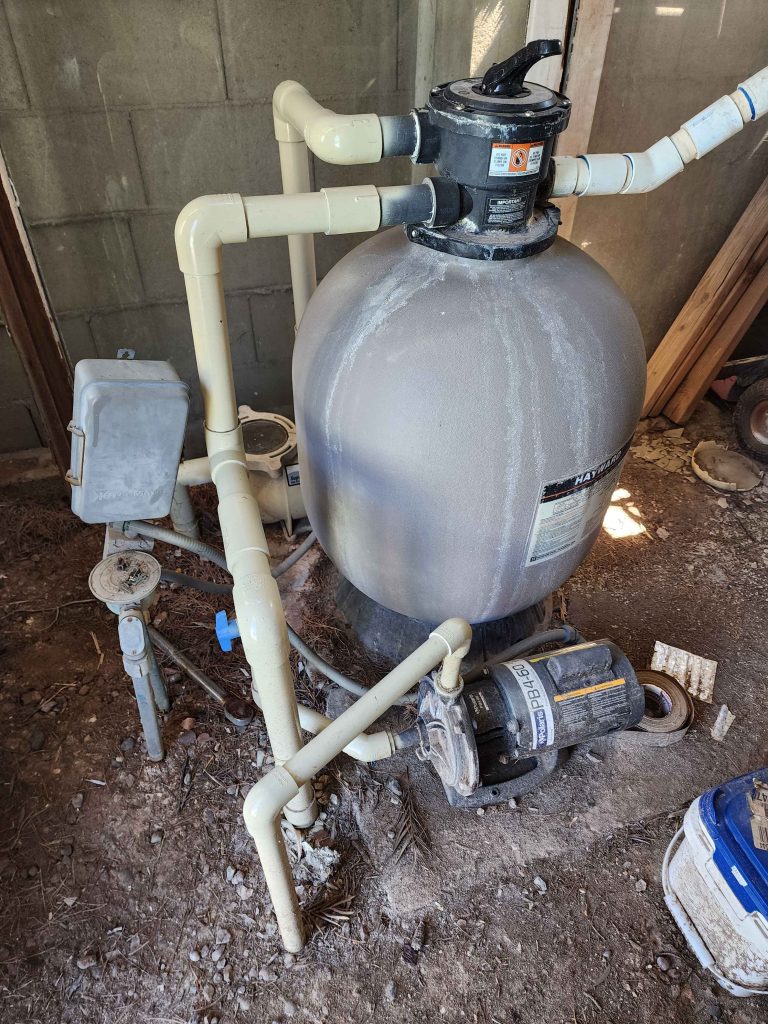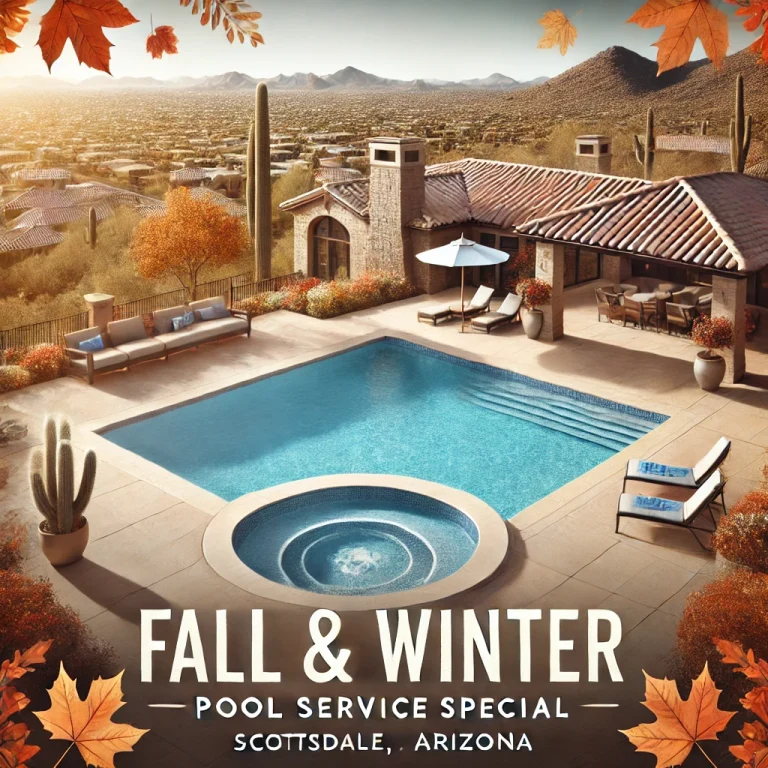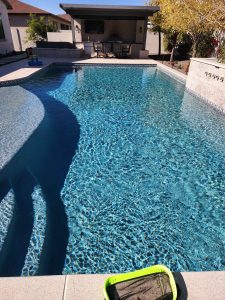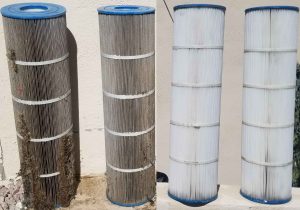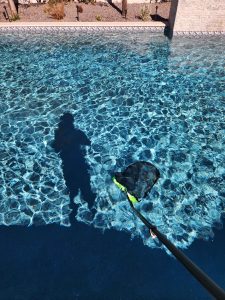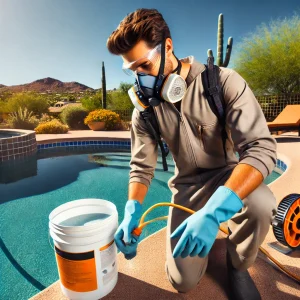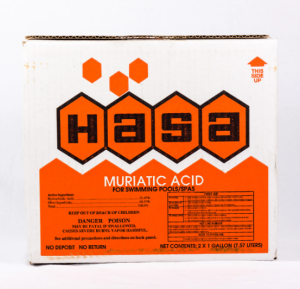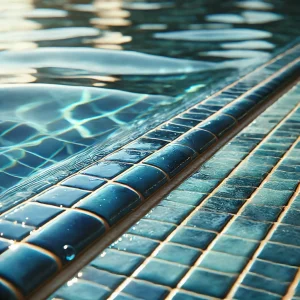Owning a pool is an investment, and keeping your pool equipment in good working condition is essential for a safe and enjoyable swimming experience. Understanding the average lifespan of your pool equipment and the factors that affect it can help you plan for maintenance, repairs, and replacements. Here’s a detailed look at how long key pieces of pool equipment typically last and how you can extend their life.
Pool Pumps: 8-12 Years
Your pool pump is the heart of your pool’s circulation system, moving water through the filter, heater, and other equipment. With proper maintenance, most pool pumps last between 8 and 12 years. Factors such as running time, water chemistry, and environmental conditions in Scottsdale can affect their lifespan. Regular cleaning of the pump basket and ensuring good water flow can prevent strain on the motor and prolong its life.
Pool Filters: 5-10 Years
The lifespan of a pool filter depends on the type of filter you use:
- Sand Filters: Typically last 5-7 years before the sand needs to be replaced. The tank itself can last 10 years or more with proper care.
- Cartridge Filters: Usually last 3-5 years before the cartridges need replacing, while the housing can last up to 10 years.
- DE Filters: The grids need replacement every 5-10 years, depending on use, while the housing can last over a decade.
Regular cleaning, backwashing (for sand and DE filters), and replacing worn parts can extend the life of your filter system.
Pool Heaters: 8-12 Years
Pool heaters, including gas and electric heat pumps, generally last 8 to 12 years with routine maintenance. Hard water common in Scottsdale can cause mineral buildup inside the heater, reducing efficiency and shortening its lifespan. Annual inspections and descaling treatments are essential to keep your heater in top shape.
Pool Automation Systems: 5-10 Years
Automation systems simplify pool management by controlling features like pumps, lights, and chemical levels. With advancements in technology, these systems can last 5 to 10 years or more, but software updates and regular inspections are necessary to ensure they function properly.
Pool Lights: 5-15 Years
LED pool lights can last up to 15 years, while traditional halogen lights typically last 5 to 8 years. Scottsdale’s high temperatures can accelerate wear on the light housing, so ensuring proper sealing and routine inspections can help prolong their lifespan.
Pool Cleaners: 3-5 Years
Automatic pool cleaners, whether robotic or suction models, generally last 3 to 5 years. Regular maintenance, such as cleaning the filters and replacing worn parts like brushes or hoses, can extend their useful life. Scottsdale’s high debris levels during monsoon season may require more frequent maintenance to prevent wear and tear.
Pool Plumbing: 20+ Years
PVC pipes used in pool plumbing can last over 20 years with proper installation and maintenance. However, Scottsdale’s desert climate, shifting ground, and invasive plant roots can cause cracks or leaks. Regular inspections are key to catching and repairing issues early.
Pool Surfaces: 10-15 Years
While not technically equipment, pool surfaces like plaster or pebble finishes should be considered part of your pool’s lifespan. Plaster typically lasts 10 to 15 years, while pebble finishes can last 20 years or more with proper care. Regularly balancing water chemistry helps prevent premature wear and staining.
How to Extend the Life of Your Pool Equipment
- Perform Regular Maintenance: Clean filters, empty skimmer baskets, and check water flow regularly to reduce strain on equipment.
- Monitor Water Chemistry: Imbalanced pH, calcium hardness, and alkalinity can damage equipment and shorten its lifespan.
- Schedule Annual Inspections: Have a professional inspect your equipment annually to identify and address issues before they become costly repairs.
- Upgrade When Necessary: Older equipment may not be as energy-efficient or reliable as newer models. Upgrading key components like pumps or automation systems can save money in the long run.
When to Replace Your Pool Equipment
If your equipment is nearing the end of its lifespan, showing signs of wear, or no longer performing efficiently, it may be time to consider a replacement. Investing in new, energy-efficient models can lower operating costs and improve the performance of your pool system.
Understanding the lifespan of your pool equipment and staying proactive with maintenance can save you time, money, and headaches. If you need help with repairs, replacements, or professional maintenance services in Scottsdale, One Source Pool Service is here to help. Contact us today to schedule an inspection or to learn more about extending the life of your pool equipment!

